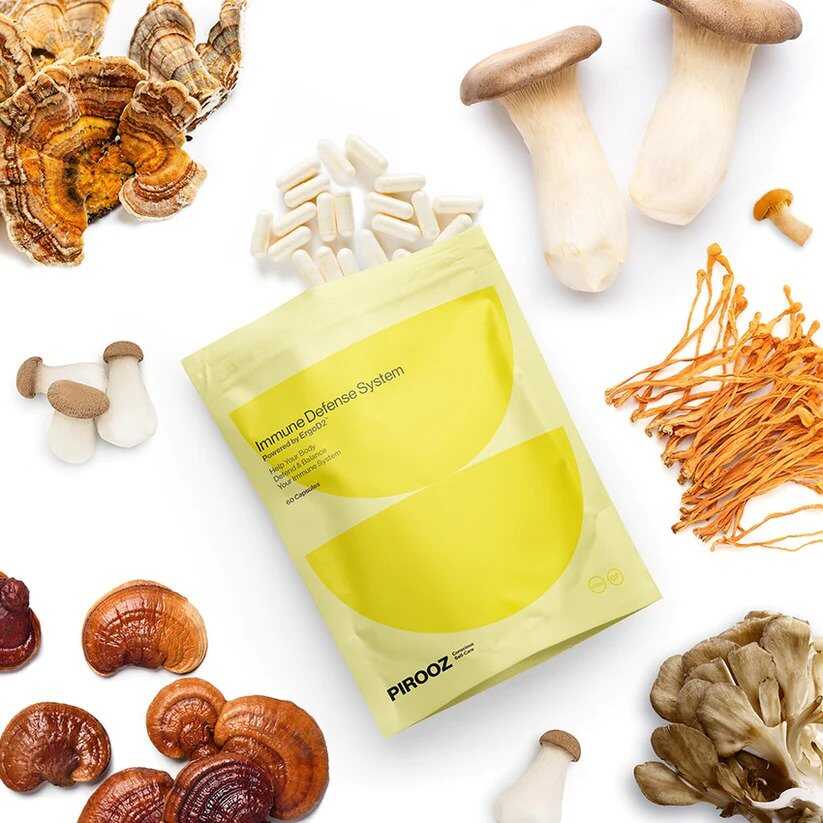A robust immune defense system is essential for protecting our bodies from infections, diseases, and other health threats. While diet, exercise, and stress management are often emphasized, the critical role of sleep in maintaining a strong immune system is frequently overlooked. This article delves into the science behind sleep and immunity, revealing how quality rest strengthens your defense system and offering practical tips for improving sleep habits to boost your immune health.
Understanding the Immune Defense System
The immune defense system is a complex network of cells, tissues, and organs that work together to defend the body against harmful invaders like bacteria, viruses, and parasites. It consists of two main components:
Innate Immunity: This is the body’s first line of defense, providing a rapid response to pathogens. It includes physical barriers like the skin, as well as immune cells such as macrophages and natural killer cells.
Adaptive Immunity: This involves a more specialized response, with the body producing specific antibodies and immune cells to target and remember pathogens. T cells and B cells play key roles in this system.
The Link Between Sleep and Immunity
Sleep is a critical period during which the body undergoes numerous restorative processes, including those that enhance immune function. Here’s how sleep impacts the immune defense system:
Cytokine Production
Cytokines are proteins that play a vital role in immune signaling. During sleep, the production of certain cytokines, such as interleukin-6 (IL-6) and tumor necrosis factor-alpha (TNF-alpha), increases. These cytokines are essential for coordinating the body’s response to infections and inflammation.
T Cell Function
T cells are a type of white blood cell crucial for adaptive immunity. Research has shown that sleep enhances the efficiency of T cells by improving their ability to attach to and destroy infected cells. Sleep deprivation, on the other hand, can impair T cell function, making the body more susceptible to infections.
Antibody Response
Adequate sleep has been linked to a stronger antibody response following vaccination. For instance, studies have demonstrated that individuals who get sufficient sleep after receiving the flu vaccine produce higher levels of antibodies compared to those who are sleep-deprived.
Inflammation Regulation
Chronic sleep deprivation is associated with increased levels of systemic inflammation. Elevated inflammation can weaken the immune system over time, making it less effective at combating infections and more prone to developing chronic conditions such as cardiovascular disease and diabetes.
Tips for Improving Sleep to Boost Your Immune Defense System
Improving sleep quality is essential for maintaining a strong immune defense system. Here are some practical tips to help you achieve better sleep:
Establish a Consistent Sleep Schedule
Going to bed and waking up at the same time every day helps regulate your body’s internal clock, making it easier to fall asleep and wake up naturally.
Create a Sleep-Conducive Environment
Make your bedroom a haven for sleep by keeping it cool, dark, and quiet. Consider using blackout curtains, earplugs, or a white noise machine to block out disturbances.
Limit Exposure to Blue Light
Blue light from screens can interfere with the production of melatonin, the hormone that regulates sleep. Avoid screens at least an hour before bedtime, or use blue light filters on your devices.
Develop a Relaxing Bedtime Routine
Engage in calming activities before bed, such as reading, meditating, or taking a warm bath. These practices can signal to your body that it’s time to wind down and prepare for sleep.
Be Mindful of Your Diet
Avoid large meals, caffeine, and alcohol close to bedtime, as these can disrupt sleep. Instead, opt for light snacks and calming herbal teas like chamomile.
Exercise Regularly
Regular physical activity can help you fall asleep faster and enjoy deeper sleep. However, try to avoid vigorous exercise close to bedtime, as it may have the opposite effect.
Manage Stress
Chronic stress can interfere with sleep and weaken your immune system. Incorporate stress-reducing practices such as mindfulness, yoga, or deep breathing exercises into your daily routine.
Frequently Asked Questions
Q: How much sleep do I need to maintain a strong immune defense system?
A: Most adults need 7-9 hours of quality sleep per night to support optimal immune function. However, individual needs may vary, and some people may require more or less sleep.
Q: Can naps help improve my immune health?
A: Short naps (20-30 minutes) can help reduce sleep debt and improve alertness without interfering with nighttime sleep. However, relying solely on naps is not a substitute for consistent, quality nighttime sleep.
Q: How does stress impact sleep and immunity?
A: Chronic stress can lead to sleep disturbances, such as insomnia, and weaken the immune system by increasing levels of cortisol, a stress hormone. Effective stress management is essential for both good sleep and strong immunity.
Q: What are some signs that my immune system may be weakened due to poor sleep?
A: Signs of a weakened immune system include frequent infections, slow wound healing, fatigue, and persistent cold symptoms. If you notice these signs, it may be worth evaluating your sleep habits and making necessary improvements.
Q: Are there any supplements that can help improve sleep and boost immunity?
A: Certain supplements, such as melatonin, magnesium, and valerian root, may help improve sleep quality. However, it’s important to consult with a healthcare professional before starting any new supplement regimen to ensure it’s appropriate for your individual needs.
In conclusion, Quality sleep is a cornerstone of a healthy immune defense system. By understanding the intricate connection between sleep and immunity, you can take proactive steps to improve your sleep habits and, in turn, strengthen your body’s ability to fight off infections and maintain overall health. Prioritize good sleep hygiene, manage stress effectively, and make lifestyle choices that support restful sleep to ensure your immune system operates at its best.


